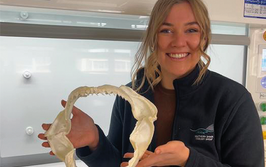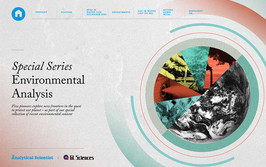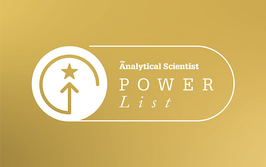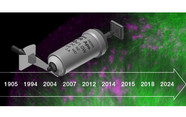Lloyd M. Smith

W. L. Hubbell Professor of Chemistry, Department of Chemistry, University of Wisconsin – Madison, USA
Main research aims? We develop new mass spectrometric technologies for the comprehensive identification and quantification of proteoforms in complex systems, by means of improved strategies and tools for bottom-up, top-down, and intact mass proteomics.
Exciting recent instrumental innovations? I think nanopore technologies are amazingly cool and interesting. They have already had a serious impact in the DNA sequencing space, and are poised to be important for proteoform analysis.
How would you spend a $1 billion research grant? I would set up a Human Proteoform Project modeled after the Human Genome Project, with the mission of developing a powerful, evolving, and widely accessible suite of technologies to be able to comprehensively identify and quantify proteoforms, and to establish the supporting informatics tools and infrastructure to put that deep proteoform-level knowledge in the hands of researchers world-wide.
Biggest challenge facing the field? Proteoform analysis is very challenging – proteoforms are very complex molecules and obtaining a complete atomic definition of their structures is a difficult task. Doing this at the level of the full proteome is even more challenging. That is why I like this area, a very challenging technical problem that lies at the heart of modern biology. The Human Proteoform Project seeks to support both incremental and radical approaches to improve proteoform analysis, akin to the very healthy and productive DNA sequencing technology development program that led to both the successful sequencing of the Human Genome, and to the powerful and still-evolving next generation DNA sequencing technologies that exist today.

















